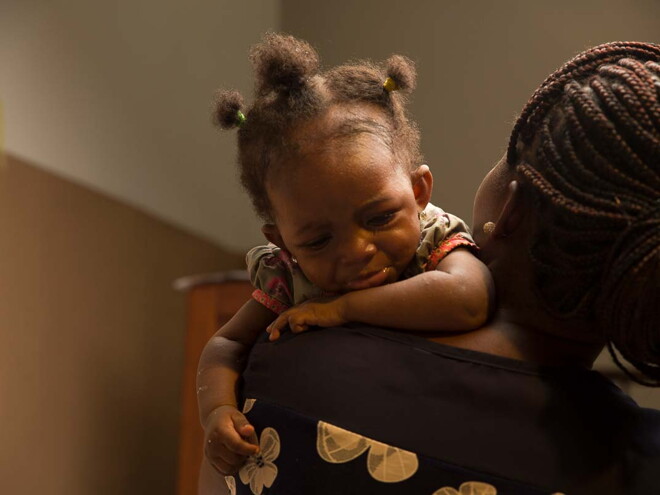
Why Is My Baby Crying - Why Babies Cry
Why Is My Baby Crying - Why Babies Cry
When you’re a new parent your baby’s crying can be overwhelming. Remember it’s a new world outside the womb and your little one is adjusting to his new surroundings. But don’t fear it, learn from it.
Why babies cry can vary widely, but hunger, fussiness, wetness and being uncomfortable or tired are all reasons he’ll try to communicate with you by crying. And while some babies may cry more than others, they can eventually grow out of it.* So be patient, soon enough those tears will turn into smiles.
Why is my baby crying: The crying curve
Baby’s crying can follow a developmental pattern during the first three months of life – this pattern is referred to by many healthcare professionals as “the crying curve”1,2
- According to the crying curve, most babies’ crying begins to increase from 2-3 weeks of age, peaks around 6-8 weeks of age and then begins to gradually decline as they approach 12 weeks of age.
- Crying tends to occur more frequently in the evening, but can also occur throughout the day1,2,3.
* Speak to your healthcare professional if your baby’s crying is accompanied by fever, vomiting or diarrhoea, if you feel there is a significant change in behaviour or could be due to an injury.
References:
1 Brazelton, TB. Crying in infancy. Pediatrics 29:579-588, 1962.
2 Hunziker, UA, Barr, RG. Increased carrying reduces infant crying: a randomized controlled trial. Pediatrics 77:641-648, 1986.
3 Sacks, D. ed. The Canadian Paediatric Society: Guide to Caring for Your Child from Birth to Age Five. Mississauga: John Wiley & Sons Canada, 2009.
Customer reviews
0
Ratings
-
5
0
-
4
0
-
3
0
-
2
0
-
1
0
Related articles

Baby Vaccination & Immunization Schedule
Early infant immunization protects baby against serious illnesses. It may be hard to hear your baby cry; but remember that the pain lasts for seconds but the benefits last a lifetime.
3 mins to read
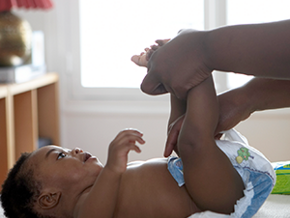
Baby Stool
Yes, this is all about your baby’s poop! The most important thing is to be able to identify abnormal stool to know when to see your baby’s doctor if the need arises.
4 mins to read
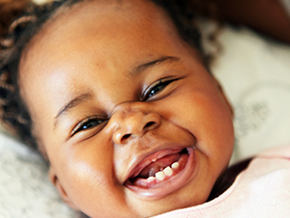
Baby is Teething
Teething, or “cutting of the teeth” is the process by which your baby’s teeth break through or emerge through the gums. This usually occurs between 6 months to 2 years.
4 mins to read
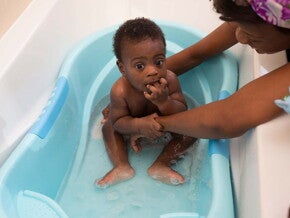
How to Bathe Your Baby: Step-by-step
Baby’s first bath will be a new experience for both of you, so give yourself plenty of time to relax and enjoy it.
3 mins to read

Baby Nutrition and Feeding Guide
So, how will you feed your newborn? It’s a common and important question for any parent.
7 mins to read
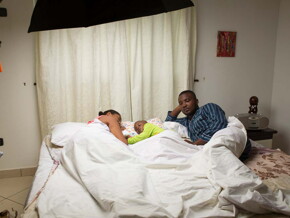
Baby’s naptime: Sleep Tips and More
Looks like you have quite the little sleepyhead on your hands, during the day at least. At night? Not so much. Following these tips can help both you and baby to adjust.
6 mins to read
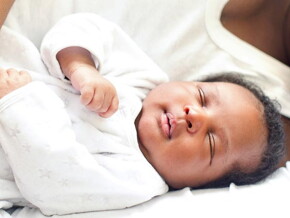
Newborn Baby's Development: Months 1-3
How will baby explore her new environment? She will use her eyes, ears, her sense of smell and her sense of touch. There are many ways you can help her to discover her new world.
4 mins to read
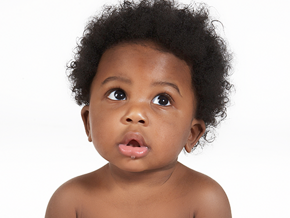
4 - 6month baby development
Let’s talk baby talk! No, not words just yet, but the language basics begin here! Baby’s giggles and shrieks mean she’s developing her language skills and you can help shape those skills.
5 mins to read
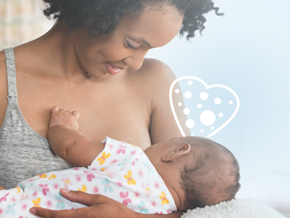
The benefits of breastfeeding
Even before your baby makes her grand entrance, you may have noticed changes in your breasts. This is your body preparing to breastfeed.
3 mins to read

Breastfeeding Guide: Before, During & After Birth
Practical action steps to take before, during, and after birth
5 mins to read
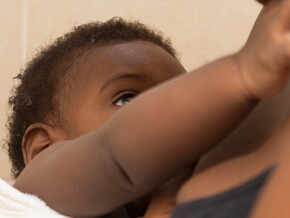
Breastfeeding Mother 101
Having a basic understanding about breast milk, breastfeeding and your breastfed baby will help you enjoy every moment that you’re nourishing and nurturing your baby.
4 mins to read
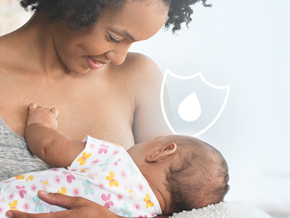
Breastfeeding problems?
Breastfeeding is well worth the practice and patience it can sometimes take. Here are some common concerns that breastfeeding mums have, and solutions to remedy them.
8 mins to read
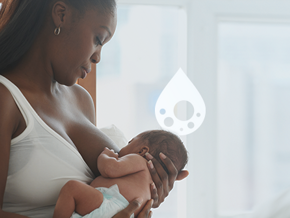
Breastfeeding hunger & fullness cues
Depending on her level of hunger, your baby’s cues may become very obvious to you.
2 mins to read

Introducing a bottle expressed breast milk
Bottle feeding does not have to mean an end to breastfeeding. It may just be another means for your baby to continue to receive full nutrition in the form of expressed breast milk
4 mins to read
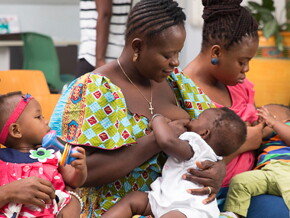
Don't forget your support system
Choosing to breastfeed is one of the most important decisions you can make regarding your baby's health.
3 mins to read
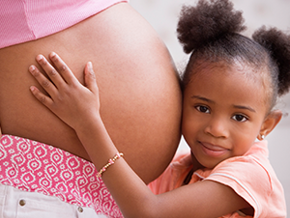
Spacing Out Your Kids
While it may have been tedious handling that first child, it’s not long before some mums dream of having more kids. This also means considering how to space them out.
5 mins to read

Breast milk is the best start for babies
Breast milk is the best start for babies
1 min to read
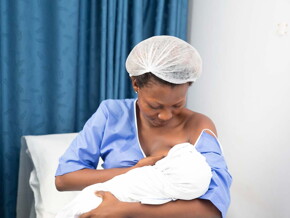
Producing breast milk: The First Days
The milk you produce in the first few days after birth is rich in nutrients for baby’s tiny tummy. This will change to mature milk in the second week to meet baby’s growing demands.
3 mins to read

What's a healthy breastfeeding diet?
If you’re breastfeeding, a healthy breastfeeding diet is important as it can affect your baby as much as you.
2 mins to read